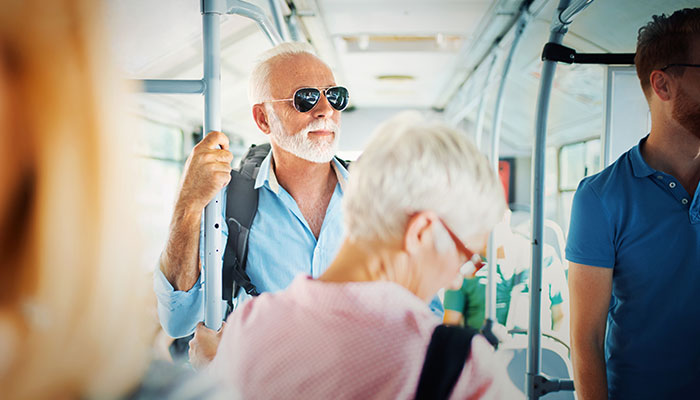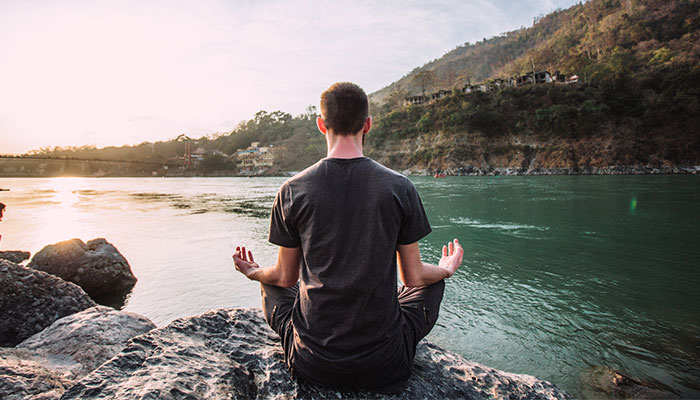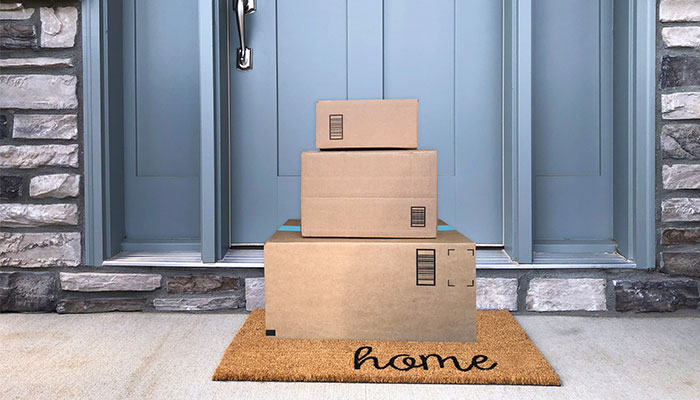As people start to gradually head back to the workplace, the commute will also return as part of the daily grind.

For some, sitting on public transport may seem like an ideal opportunity to engage with a mobile device, but if the time is spent wisely it can actually lead to greater productivity and creativity.
Professor Rebecca Mitchell, from the Macquarie Business School’s Department of Management, says there are unexpected benefits that can arise from the work commute.
'Me' time
“It is very important to have some ‘me’ time where you can lose yourself in your own thoughts without having to look at a screen to keep yourself occupied,” Mitchell says.
“When you are staring out the window and letting your mind go blank, that can actually be when you solve a knotty problem.
“Letting that mindless drift occur can spark creativity and it’s an unexpected benefit of the commute as it is probably the only time in the day when we can let ourselves drift off.”
There is evidence that a lengthy commute of more than 30 minutes could trigger a level of unhappiness and anxiety.
She says while some workers may avoid public transport, for those who need to commute it is a precious time and can be beneficial. Commuters who develop small routines tend to be less stressed than those who do not have a routine.
Doing some kind of self-improvement such as learning, reading or listening to podcasts is a bit of a luxury, but it is also a valuable use of the commute time before being immersed in work or family life upon the return home.
“It’s a big opportunity as you are uninterrupted for a period of the day where you can focus your attention elsewhere.”
Seek diversions
On the flipside, Mitchell says there is evidence that a lengthy commute of more than 30 minutes could trigger a level of unhappiness and anxiety.
For those who continue to need to commute, it is likely that reduced public transport capacity as a result of social distancing, will lead to an increase in commute time and road traffic congestion, which are key contributors to commuter stress.
- The radical 1970s and the Royal Commission Australia forgot
- The power of learning IRL: how hand gestures help kids understand
Mitchell, who holds qualifications in psychology and business, says the fear associated with a potential coronavirus infection may exacerbate this stress.
“Moving back to our normal routines, even when social isolation measures are in place, can increase anxiety about contracting COVID-19. This is particularly concerning given that more than three-quarters of 5000 surveyed Australians report worsening mental health during the current crisis.”
Young people have to learn to let their minds wander, but there are plenty of tools to help and the benefits are worth it.
She says workers should make the most of their commute time and look for diversions to limit the negativity. These include:
- Planning the day to help with the transition to work from home
- Maintaining social connections with friends and family
- Reading, or listening to podcasts or music
Mindless drift
Mitchell says workers can be much more productive and creative if they were to give themselves that daydreaming space.

“We don’t let ourselves go into that mindless drift anymore and that is really important for solving problems and for sparking unexpected creative moments. We’re doing it less and less nowadays as we are so focussed on our phones.”
She says younger people are most at risk as they have always been surrounded by engaging technology with little opportunity to daydream.
“They have to learn to let their minds wander, but there are plenty of tools to help and the benefits are worth it.”
Rebecca Mitchell is a Professor at the Macquarie Business School’s Department of Management. She is also Associate Dean, Governance, Accreditation, Rankings and Business Intelligence.



